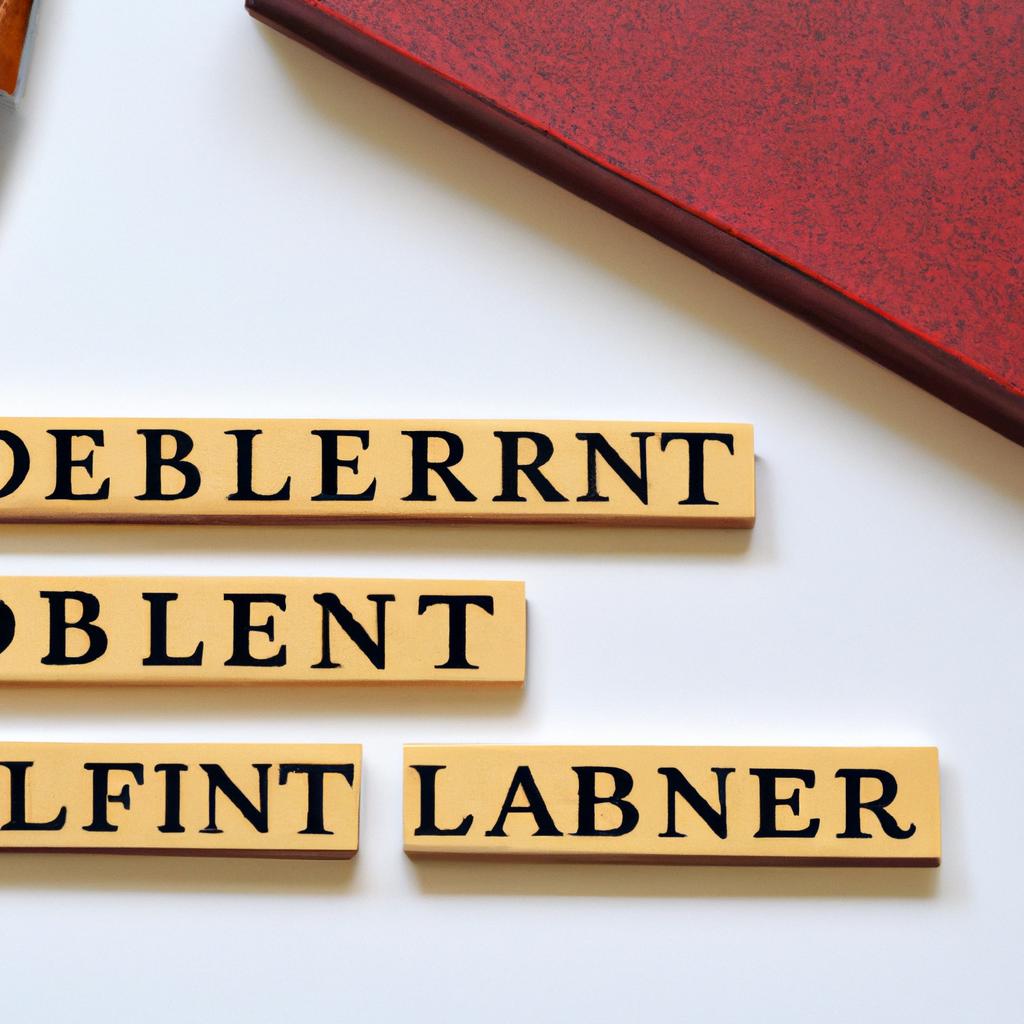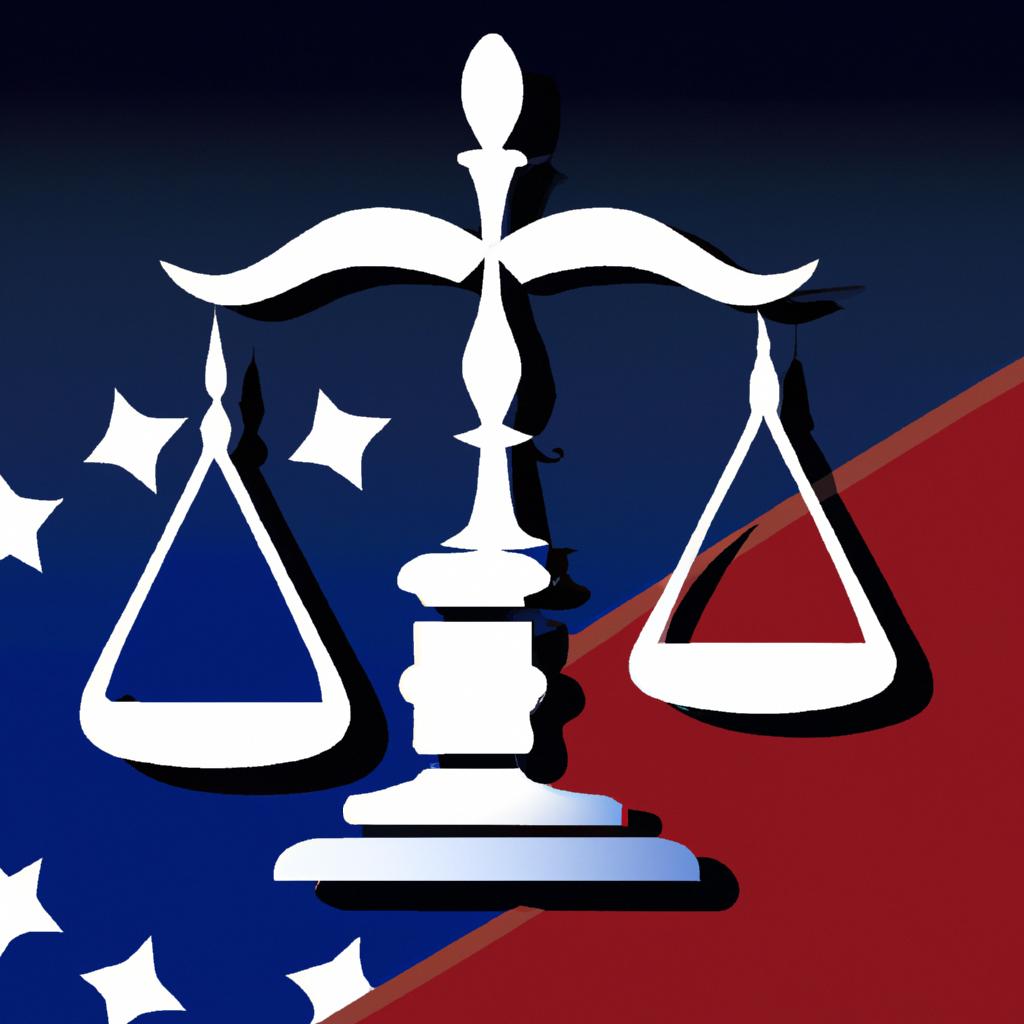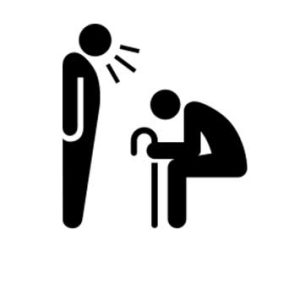In the delicate realm of estate planning and probate law, a common question that often arises is whether a child can be held responsible for the debts left behind by a deceased parent. As experienced legal professionals at Morgan Legal Group in New York City, we understand the complexities and nuances of this issue. In this article, we will explore the legal avenues and considerations surrounding a child’s potential liability for a deceased parent’s debt, providing clarity and insight for those navigating the intersection of family and finance in the aftermath of loss.
Liabilities of a Deceased Parent: Understanding the Legal Obligations
When a parent passes away, their children may wonder about the legal obligations and liabilities that come with their estate. One common question that arises is whether a child is responsible for their deceased parent’s debt. In general, a child is not personally responsible for their parent’s debts. However, there are some exceptions to this rule that should be understood.
It is important to remember that each case is unique, and it is advised to seek legal advice to fully understand the ramifications of a deceased parent’s debt. Here are some key points to consider when it comes to liabilities of a deceased parent:
- Joint debts: If a child has co-signed on a loan with their parent, they may be responsible for the debt.
- Beneficiaries of estate: Creditors may be able to pursue the deceased parent’s estate for payment of debts, which can impact the inheritance received by the child.

Child’s Responsibility for Parent’s Debts: Analyzing the Legal Framework
In analyzing the legal framework surrounding a child’s responsibility for a deceased parent’s debts, it is essential to understand the laws governing such matters. In many jurisdictions, a child is not automatically responsible for their parent’s debts upon their passing. However, there are certain circumstances where a child may be held liable for a deceased parent’s debts, such as:
- Jointly owned assets
- Cosigning a loan
- Being named as a beneficiary of the parent’s estate
It is crucial for individuals to consult with a knowledgeable attorney to understand their rights and obligations when it comes to their parent’s debts. By seeking legal guidance, individuals can navigate the complex legal framework surrounding this issue effectively.

Protecting Your Inheritance: Strategies to Avoid Inheriting Parent’s Debt
When a parent passes away, their children may be concerned about inheriting their debts. It’s important to understand that, in most cases, children are not responsible for their deceased parent’s debt. However, there are certain situations where children may be held liable for their parent’s debts. To protect your inheritance and avoid inheriting your parent’s debt, consider the following strategies:
- Educate Yourself: Understand your rights and responsibilities when it comes to your parent’s debts. Seek legal advice if needed.
- Do Not Co-Sign: Avoid co-signing any loans or financial agreements with your parent, as you may become responsible for the debt.
- Properly Handle the Estate: Work with a qualified estate planning attorney to ensure that your parent’s debts are settled properly and that the estate is distributed according to their wishes.
- Consider Trusts: Setting up a trust can help protect your inheritance from creditors and ensure that your assets are passed on to your heirs.
| Debt | Responsible Party |
|---|---|
| Credit Card | Deceased’s estate |
| Mortgage | Heirs may assume the debt |
| Medical Bills | Deceased’s estate |
Q&A
Q: Can a child inherit their deceased parent’s debt?
A: In many cases, a child is not automatically responsible for their parent’s debt after death. However, there are exceptions to this rule.
Q: What factors determine if a child is responsible for their parent’s debt?
A: The laws vary depending on the country and state, as well as the type of debt involved. In some cases, a child may be responsible if they co-signed on a loan or if the debt is related to joint assets.
Q: Are there any steps a child can take to protect themselves from inheriting their parent’s debt?
A: To protect themselves, children should get informed about their parent’s financial situation, and consult with a lawyer if necessary. It’s also important to understand the laws in their area regarding inheritance and debt.
Q: Can creditors come after a child for their deceased parent’s debt?
A: Creditors typically have a limited amount of time to make a claim against the deceased parent’s estate. If there are not enough assets to cover the debt, the child may not be held responsible.
Q: Should children be concerned about inheriting their parent’s debt?
A: While it’s natural to be concerned about financial matters after a parent’s death, it’s crucial to understand the legalities surrounding inheritance and debt to avoid unnecessary stress and complications. It’s advisable to seek professional advice if unsure about the situation.
In Retrospect
In conclusion, the complex question of whether a child is responsible for a deceased parent’s debt can have serious implications for families dealing with financial burdens. It is essential to seek legal advice and understand the specific laws and regulations in your jurisdiction to determine your obligations. Remember, navigating these delicate matters with sensitivity and care can help alleviate some of the stress and uncertainty surrounding this difficult situation. Ultimately, it is important to prioritize your well-being and that of your loved ones during this challenging time. Thank you for reading.







